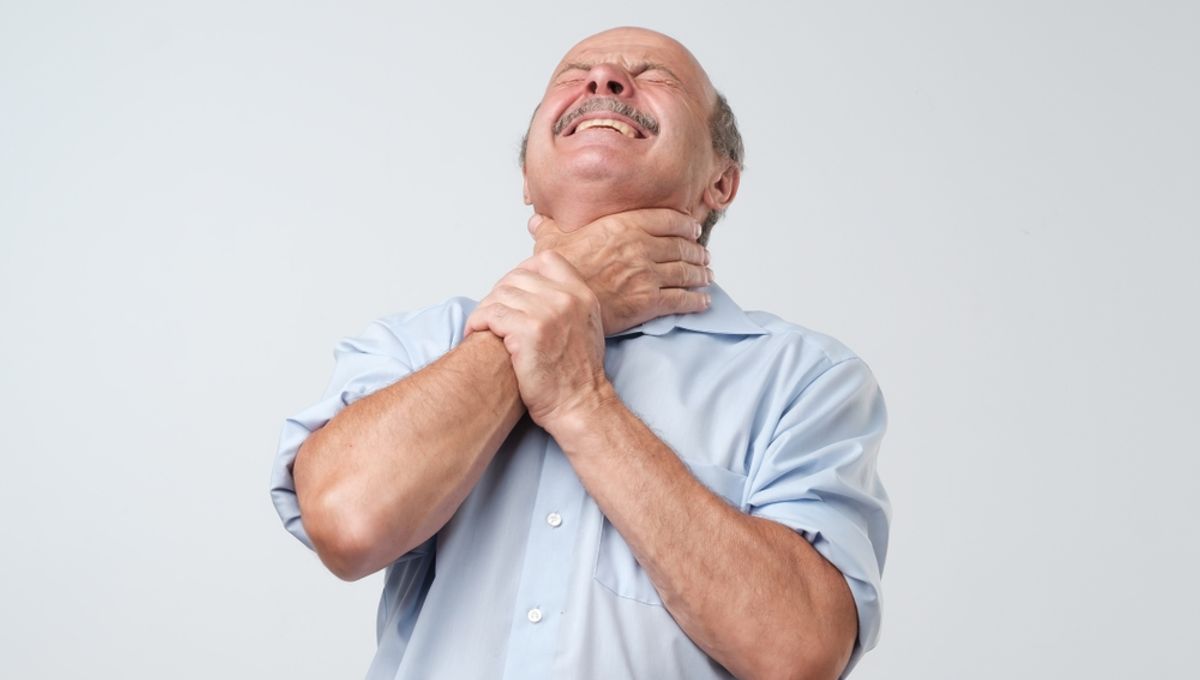
Brain and nerve damage is most often associated with loss of control over areas associated with the damage – paraplegics, for example, may lose control over their legs following a spinal cord injury. However, what if that damage didn’t make the limb stop moving, but instead gave it a mind of its own? This strange phenomenon has become known as alien hand syndrome.
Alien hand syndrome (AHS), also known as anarchic hand or Dr. Strangelove syndrome, is primarily associated with lesions or injuries to the corpus callosum, the bundle of nerve fibers connecting the brain’s two hemispheres. The condition arises when the affected hemisphere seemingly “loses control” over the hand’s voluntary movements, leading to involuntary actions that can sometimes be bizarre or contradictory to the person’s intentions. The underlying mechanism has still not been fully identified, but patients with it often exhibit damage in the brain that disconnects the parietal cortex from other cortical areas.
It is an exceedingly rare condition, with only a limited number of reported cases. Its exact prevalence remains unclear, but estimates suggest that it occurs in around 0.006 percent of stroke patients with callosal lesions. However, AHS can also arise from other causes, including brain tumors, brain surgeries, infections, and neurodegenerative diseases such as Alzheimer’s and Creutzfeldt-Jakob disease.
In people with AHS, it often isn’t a simple case of the limb moving or spasming, but the limb can truly seem like it has a mind of its own. For example, a hand could be stroking the face, performing actions that look fully intentional but are not being voluntarily controlled by the patient.
A case report published by Brion and Jedynak in 1972 provides a fascinating insight into AHS. The study focused on a 67-year-old man who had experienced a stroke resulting in damage to the corpus callosum. Following the stroke, the patient presented with an alien left hand that exhibited peculiar behaviors. The hand would grasp objects without the patient’s consent, remove clothing, and even interfere with daily activities such as shaving or eating. Despite his efforts to restrain the hand, the patient expressed a sense of helplessness and frustration as his own hand seemed to act independently.
Another case report from 2014 described a 77-year-old woman with the same phenomenon while watching TV, when her hand suddenly started stroking her face and hair for seemingly no reason. She could not restrain the hand with her other, and became incredibly frightened. This lasted for 30 minutes before normal function slowly came back and she was diagnosed with a stroke later, suggesting the AHS may have actually indicated a severe event in the brain.
Current treatments for the condition are very limited, with some cases simply going away on their own, while others require extensive rehabilitation and cognitive behavioral therapy.
It’s hard to imagine how terrifying it would be to suddenly lose control of a limb, making it a particularly distressing condition, especially in elderly people. If someone ever exhibits symptoms similar to AHS, medical attention should be immediately sought as it could be indicative of a serious brain event.
The content of this article is not intended to be a substitute for professional medical advice, diagnosis, or treatment. Always seek the advice of qualified health providers with questions you may have regarding medical conditions.
All “explainer” articles are confirmed by fact checkers to be correct at time of publishing. Text, images, and links may be edited, removed, or added to at a later date to keep information current.
Source Link: Alien Hand Syndrome: When Your Limbs Get A Mind Of Their Own